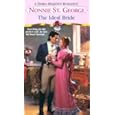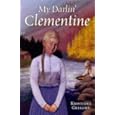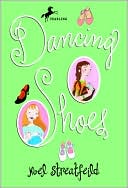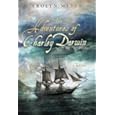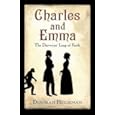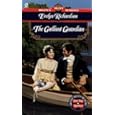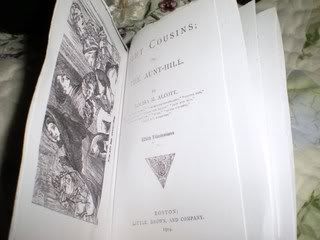
PBS aired a documentary on Louisa May Alcott last night on American Masters. I enjoyed the documentary a lot. Rather than straight interviews about Louisa, they used actors to portray the Alcotts, their friends and Louisa's first biographer. The documentary showed Louisa from childhood to adulthood in various scenes from her life. I loved seeing the scenes set in Concord. Other times Louisa addressed the camera directly, sharing her private thoughts from diaries and letters. The acting is great and really adds another dimension to the film and makes it more entertaining. Even though I've read extensively about Louisa, I learned a lot. Louisa suffered from periodic bouts of severe depression and even considered suicide when her life seemed meaningless. She disliked writing "moral pap for the young" and wrote pulp fiction stories under a pseudonym. Some of the thrillers have been published recently and are quite good! I also discovered that modern doctors think Louisa may have suffered from Lupus or another auto-immune disease. At Orchard House the tour guide says Louisa died from mercury poisoning from medicine given to her after an illness contracted while working as a nurse during the Civil War.
I think this documentary does a great job capturing Louisa's life and contributing to an understanding of her importance.
Learn more about Louisa at the filmmaker's website














